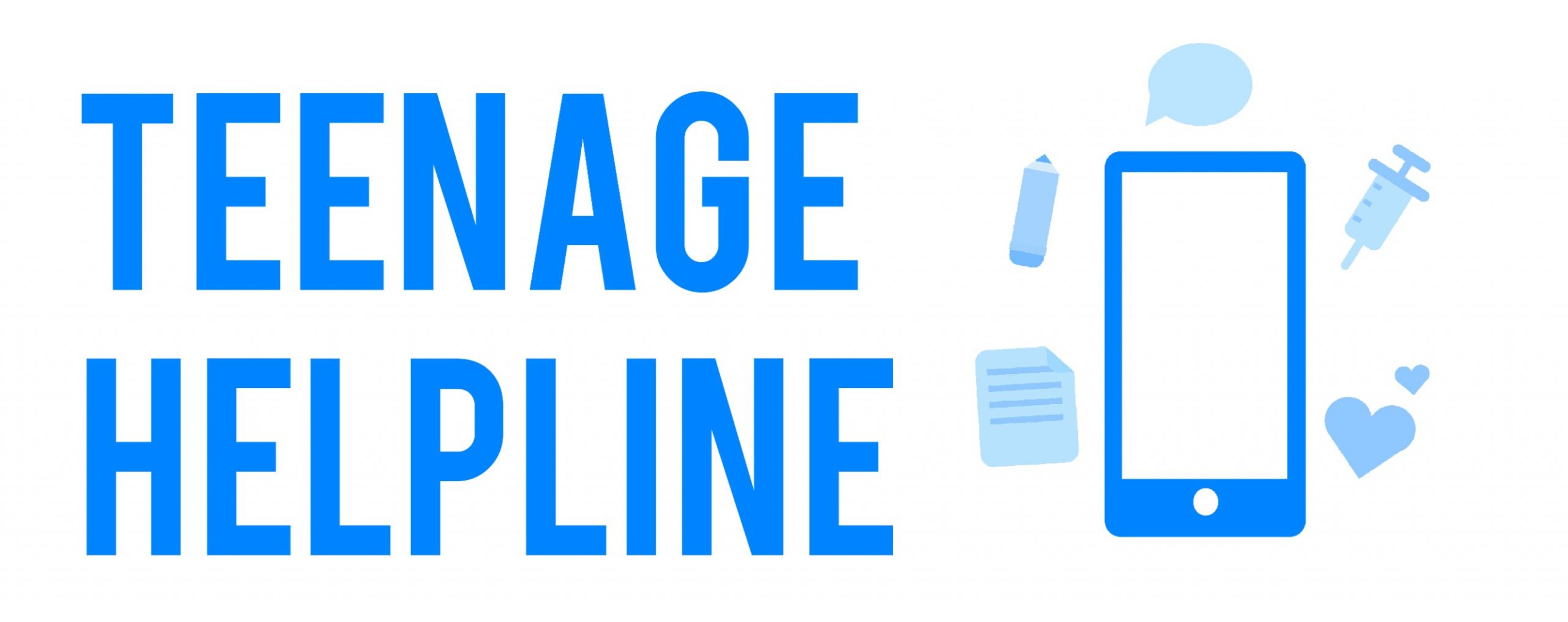Need support? ✉️ [email protected]
UK Mental Health Week – Teenage Helpline reports that 54% of its cases are mental health based as teenagers struggle post pandemic
2 min read
Teenage Helpline
Press Release
Release date: Tuesday 10th May, 2022
UK Mental Health Week – Teenage Helpline reports that 54% of its cases are mental health based as teenagers struggle post pandemic
Teenage Helpline, a volunteer run charity who offer peer- to-peer mentoring support services to young people, today released their first annual report during Mental Health Week, highlighting the struggles UK teenagers are facing as we emerge from the pandemic. The 2022 mental health week highlights loneliness, and the charity provides supportive mentors to young people in the UK that feel they have nowhere else to turn, or those that lack people their own age to discuss their worries with.
One in six children aged five to 16 were identified as having a probable mental health problem in July 2021, from one in nine in 2017. This is one in five in every classroom*. With some teenagers struggling to know where to turn for support, Teenage Helpline provides peer-to-peer mentoring services for young people that contact them for advice during difficult times, with a mentor their age getting back to them within 48 hours.
Highlighting the current issues troubling UK teenagers, the review reports that 54% of cases Teenage Helpline received this year were related to Mental Health topics. Many young people were seeking practical advice and support on situations they may have not previously experienced and that they are lacking the coping skills to work through. These included breakups or dealing with arguments with peers at school, through to understanding their sexuality and finding ways to cope with all their emotions.
Relationships and sexuality was the second most received topic, which accounted for 15% of cases. The charity has also received multiple enquires from parents, guardians, and teachers of young people requesting support and seeking advice on how to approach difficult topics. The peer-to-peer mentors, all aged 16 to 25, are always on hand to listen and give advice and share their thoughts and will be referred to safeguarding where appropriate.
Teenage Helpline are on track to support 5000 young people during the first three years of operation, and will also develop young people through volunteering opportunities, training, and experiences. The charity has engaged directly with schools and through social media with young people and, through communications and the website, have reached thousands of young people seeking help. Schools across the UK now display posters and collateral in order to promote the charities services to their pupils.
Joshua Towers, CEO and Chairperson of Teenage Helpline says: “I founded Teenage Helpline almost 11 years ago at the age of 14. Whilst at school, I struggled with my mental health as well as having to come to terms with my sexuality. Whilst plenty of support was available from adults and professionals, I wanted somebody my own age to talk to. This was the driver for me to launch Teenage Helpline, providing peer-to-peer support so that the large number of young people who feel this way have an avenue to get the support that they need. We recently started from scratch, relaunching the charity in November 2020 and I am so proud of the dedication of our many volunteers who have provided these services across the UK, and it brings me great pleasure to release Teenage Helpline’s first annual report which allows us to showcase the major successes we have seen over the past 18 months.”
The charity has over 100 UK wide volunteers who give their time to assist young people in the UK.
— Ends —
For interviews or further information please contact Rebecca Hunt at [email protected]
Social media @TeenageHelpline
* NHS Digital (2021): ‘Mental Health of Children and Young People in England 2021’. Available at: https://digital.nhs.uk/data-and-information/publications/statistical/mental-health-of-children-and-young-people-in-england/2021-follow-up-to-the-2017-survey




